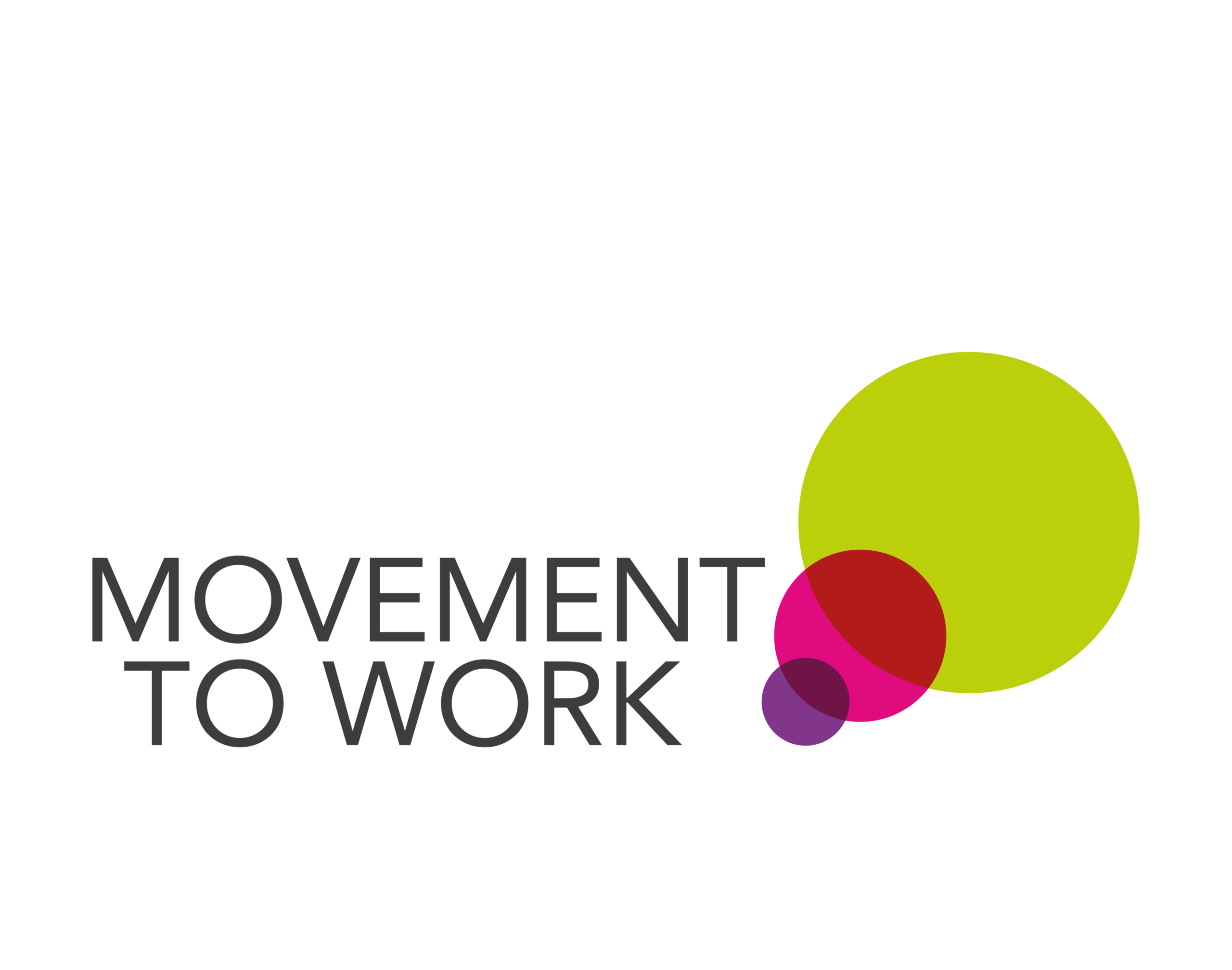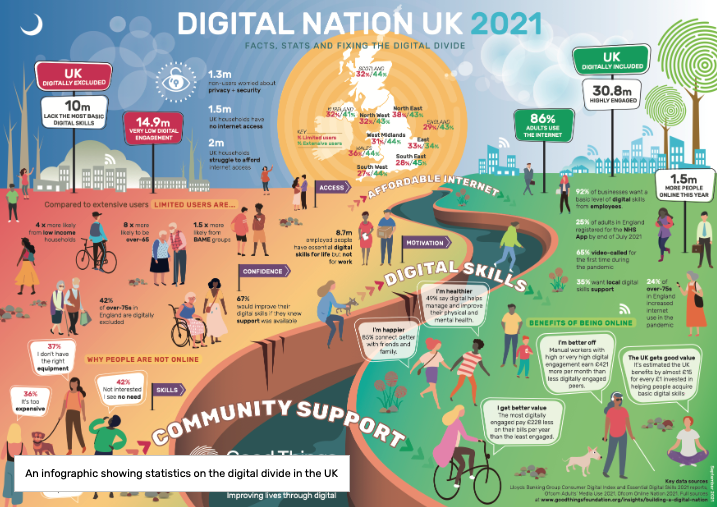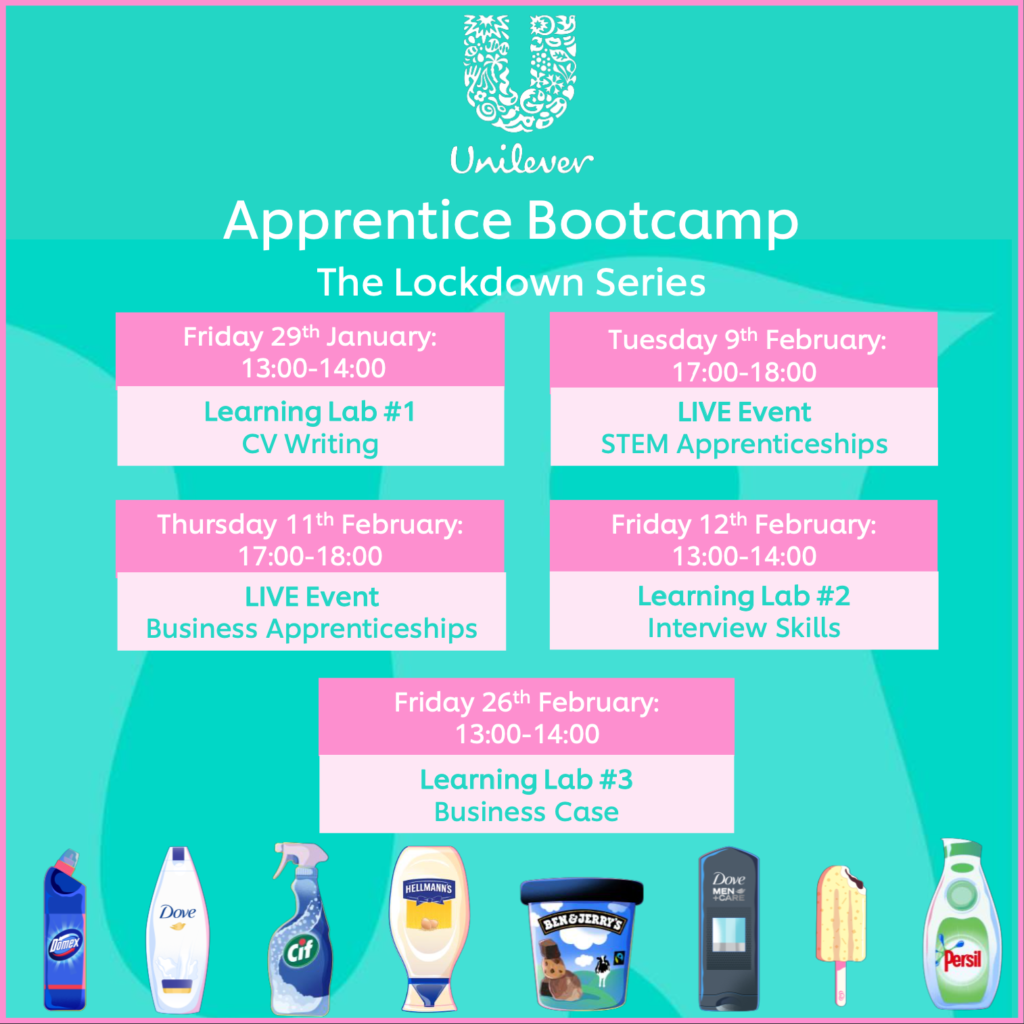
SENIOR LEADERS CALL ON UK BUSINESSES NOT TO FAIL YOUNG PEOPLE
Leaders across major businesses including Barclays, M&S and BAE Systems call for more businesses to join Movement to Work
- The number of 16 to 24-year-olds in employment has dropped to a record low of 3.51m, after a fall of 244,000 in the past 12 months
- Leaders and decision-makers across major businesses including Marks & Spencer, Unilever, Diageo and Tesco call for more businesses to create work experience opportunities for young people, to improve conversion into permanent employment
- Movement to Work (MtW) CEO warns of missing talent and letting young people down – charity offering business support free-of-charge
Nearly one year on from the first lockdown and more than one in ten young people have lost their job, with the number of 16 to 24-year-olds in employment falling to a record low of 3.51m. Furthermore, 50% of students have felt their mental health decline during the Covid-19 pandemic. This bleak reality has raised alarm amongst many senior business leaders and decision-makers, who fear letting down a generation and wasting unthinkable amounts of talent if we do not do more to help immediately. They are calling on UK businesses to support young people by providing work experience opportunities to break the cycle of “no experience – no job, no job – no experience” that so many are facing. Movement to Work – a not-for-profit youth employment charity – is offering help to any organisation willing to set up such schemes.
During the pandemic, under 25s were more likely than any other age group to be furloughed. The same age group now makes up a third of universal credit claims. Millions of young people are already struggling, and the future looks even more grim, with a think tank predicting that young people are a third less likely to be in employment three years after entering than if the pandemic never happened.
Leaders from major businesses including Tesco, Marks & Spencer, BT, Accenture, BAE Systems, Barclays, Unilever have joined Movement to Work’s network of employers and have collectively delivered over 100,000 work placements for young people to date, with a large number of these resulting in permanent employment. Now, they are urging other UK businesses of all sizes to join the movement to hit 200,000 placements at pace.
Hosting a summit today on 24th February, these leaders joined young people to discuss how they can help the next generation into employment. Minister for Employment Mims Davies was also in attendance, providing her ongoing support for the Movement. The annual event, which was held virtually for the first time this year, was a unique opportunity to talk honestly and boldly about the issues at hand, and what can be done to resolve them.
Natasha Adams, Chief People Officer, Tesco PLC said: “Tesco has always been a place to get on and we’re proud that so many of our fantastic colleagues started their careers at a young age. Movement to Work works alongside companies to nurture those who might otherwise feel excluded from the workforce. The effects of the pandemic mean it is more important than ever to support our young talent and provide the tools, support and opportunities for them to succeed in their future careers.”
Charles Woodburn, Chief Executive Officer, BAE Systems, said: “This is a critical time not only for young people, but for UK business as a whole. Those of us who can, must continue to support young people, providing opportunities to develop the skills and confidence they need both for their future success and the country’s economic prosperity.”
Olly Benzecry, Chairman of Accenture (UKI) and Chair of Movement to Work, said: “Young people have been hardest hit as the UK unemployment rate has risen to new heights during the last year. With sectors that many young people traditionally find employment in, such as retail and hospitality, being disproportionately affected by Covid-19, the younger generation is missing out on vital experience, learning and stability that will help them fulfil their potential. UK business must play a vital role in safeguarding the workforce of the future, which is why it is our collective responsibility to make a purposeful impact.”
Sacha Berendji, Retail Operations and Property Director, M&S said: “We have long been committed to supporting young people into work. Now more than ever we are determined to help those who need us most. We need to develop the skills, resilience and wellbeing of those entering the workplace at this challenging time .”
Sam Olsen, CEO Movement to Work said: “The moral case for helping young people right now is really clear, but the business case is stronger with each day – setting up work experience programmes generates a fantastic diverse talent pipeline for an organisation, and there are lots of government-backed schemes like Kickstart to help make it cost-effective. We understand times are tough, so Movement to Work can help you figure out the right fit for your organisation, and have a positive impact in the community as a direct result.”
Key speaker at the summit is Movement to Work Youth Ambassador Sam Meakings, now a Youth Employability Coach at the Department for Work and Pensions (DWP). After years of struggling to find permanent work, he has been helping young people into jobs throughout the pandemic: “I have come full circle. I have suffered the stress and lack of confidence that comes with a long path to the world of work, but starting with the Movement to Work programme, I have spent the last few years building a career I love. Now I am a Youth Employability Coach. The work is so rewarding, but I know first-hand that our young people need willing employers more than ever.”
Ethan Reeve is 21-years-old from Blackpool. Ethan’s sister is severely disabled with health and learning difficulties, and his Mum also has health challenges, so a lot of Ethan’s young life has been dedicated to supporting his family. After deciding University wasn’t for him, Ethan went to college and upon completion of his course, he struggled to get a job because he lacked work experience. Today, Ethan is a Movement to Work Youth Ambassador and third-year Apprentice at BAE Systems after coming through a Movement to Work programme. He said: “There are people a lot worse off than me, I’ve been lucky. Giving young people an opportunity to develop is so important. Unlocking this potential takes nurturing and support and it’s also the chance for an employer to gain a great member of staff. Without these opportunities, the future doesn’t look too bright for young people.”
Zoha Khan moved to the UK in 2017 from Saudi Arabia, looking for opportunities to further her education and career. After nearly two years, Zoha still hadn’t been able to find sustained work before she found the opportunity to apply for work experience in Unilever UK & Ireland’s Procurement Team through the Movement to Work programme. The Movement to Work scheme gave her four weeks valuable experience within the business and the opportunity to show her talents in a way that she had never been able to before. Zoha excelled in her role whilst on the Movement to Work Scheme and as a result was immediately offered a six month contract to work within the procurement team. Within the next three months her performance had gone to such a level that, before she had even completed the six month contract, she was offered a full-time contract as a Procurement Officer within IT for Unilever UK and Ireland. Today, Zoha is a Movement to Work Youth Ambassador and has since again been promoted to a role in Unilever’s Global office as a Global Procurement Officer.
Speaking of her experience Zoha said: “There was a time where I had to walk to all my interviews as I couldn’t afford the bus fare, flash forward to where I am now and I can’t believe where the opportunity with Unilever and their Movement To Work programme has taken me. All I needed was a chance to prove myself. Being employed has given opportunity and confidence not only to me, but to the generations that will follow me. Thank you Movement to Work!”
To find out more and get involved with the movement, visit: www.movementtowork.com
Movement to Work (MtW) is a not-for-profit coalition of UK employers, youth-outreach organisations, training providers and government allies – all aiming to level the playing field for young age people aged 16-30 facing barriers to work. As a robust delivery partner, MtW works with employers to design and implement brilliant work experience and vocational solutions for their organisation, either in-house or through one of our recommended training providers. With hundreds of organisational members, Movement to Work has a proven track record of driving social mobility with over 100,000 work placements delivered to date, made possible by employers, charities and Government working together. Collectively MtW has provided young people with diverse and empowering experiences ranging from hospitality to engineering, with regional hubs working in London, the Midlands, North East and North West to make a real difference nationwide.
MtW’s employer members include Accenture, BAE Systems, Barclays, BT, BUPA, Centrica, the Department for Work and Pensions, Diageo, HSBC, IBM, Marks and Spencer, Marriott International, NHS, Tesco, Unilever and Wates, amongst others.
For more information https://www.movementtowork.com/
Contact: info@movementtowork.com














